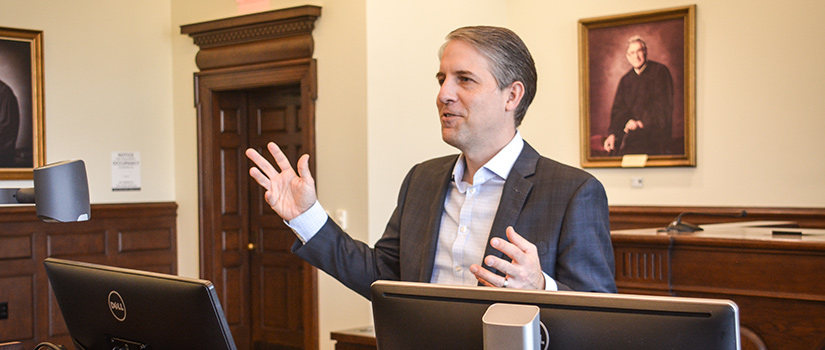Classroom Exercises
Below is a small sampling of exercises the Center has developed to assist educators in classroom instruction of the Constitution. Upon request, the Center is available to work with individual educators to develop exercises around the Constitution and a wide variety of related topics.
Condensed Supreme Court Cases and Supporting Resources
To foster a better understanding of Supreme Court of the United States decisions, below are condensed versions of fourteen commonly taught cases. Condensed cases allow students to focus on the primary ruling of the matter, while selected supplemental primary resources allows for educators to highlight and engage students in the matter beyond the courtroom decision.
In addition to the below Supreme Court cases, the Center can provide additional condensed federal or state level cases, including any supporting primary sources, upon request for use by educators in the classroom.
- Marbury v. Madison (1803) [pdf]
- McCulloch v. Maryland (1819) [pdf]
- Schenck v. United States (1919) [pdf]
- Brown v. Board of Education (1954) [pdf]
- Baker v. Carr (1962) [pdf]
- Engel v. Vitale (1962) [pdf]
- Gideon v. Wainwright (1963) [pdf]
- Tinker v. Des Moines Independent Community School District (1969)[pdf]
- New York Times Co. v. United States (1971) [pdf]
- Wisconsin v. Yoder (1972) [pdf]
- Shaw v. Reno (1993) [pdf]
- United States v. Lopez (1995) [pdf]
- McDonald v. Chicago (2010) [pdf]
- Citizens United v. Federal Election Commission (2010) [pdf]
South Carolina Social Studies College and Career Ready Standards and Supporting Primary Sources
By pairing and providing South Carolina Social Studies College and Career Ready Standards with accompanying standard-specific primary sources, the Center aims to assist educators from across the state with a greater access to a wide, yet focused, variety of primary sources for use in the classroom.
In addition to the primary sources below, upon request the Center is available to assist educators with developing a more in-depth, tailored list of primary sources for a variety of topics required under state standards. Contact us for further assistance.
